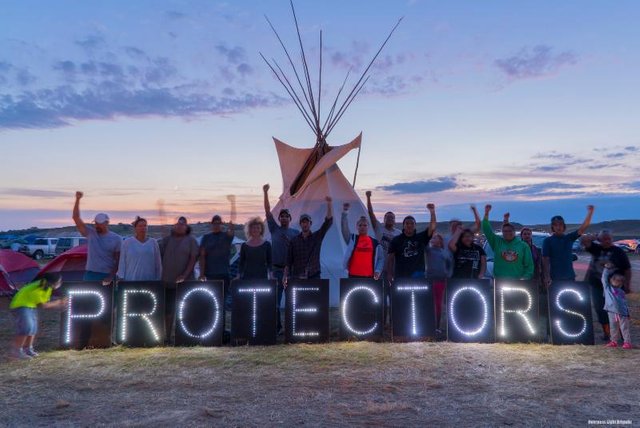You’ve gotta pay the cost to fight water loss
It’s 6:30 am and your alarm is just waking you up for work. You press snooze a few times and finally get out of bed to go brush your teeth. You turn on the faucet but nothing comes out. “Hmm that’s odd, I’m pretty sure I paid the water bill,” you think to yourself. Then you scurry over to the shower and the same thing happens again. Even the water from your kitchen sink isn’t working. Now you start freaking out, you only have 15 minutes left to get out of the house for work and you haven’t even brushed your teeth.
Most of us don’t think about how much we take water for granted. We have easy access to clean water just by turning a knob. This isn’t the case for all of us, however. Water scarcity and water crises have become more of a focal point within the last couple of years. These are no longer problems people abroad in the Middle East or remote areas of Africa face; we are now experiencing clean water shortages much closer to home. Issues such as the Dakota Access Pipeline threatening to interfere with the sacred land and water of Native Americans and Flint, Michigan’s water contamination have brought the significance of clean water to mainstream consciousness.


According to the World Wildlife Fund (WWF), only 3% of the planet’s water is fresh and only one-third of that is actually available for use. Climate change, pollution, overpopulation, and especially animal agriculture are leading causes of water stress. The strain has caused health issues for humans and other species, environmental issues such as droughts, floods, and massive loss of biodiversity. The biggest of these contributing factors is animal agriculture as runoff from farms including fertilizers, pesticides, and waste all lead to pollution. It also uses 70% of the world’s accessible freshwater although 60% is wasted due to inefficiency. The WWF also predicts that by 2025, two-thirds of the world’s population may be facing water shortages.
Now we’ve seen that these things can happen to us here, what are we going to do about it? One easy step everyone can take is cutting back on animal consumption. National Geographic’s environment webpage states, “that quarter pounder is worth more than 30 average American showers. One of the easiest ways to slim your water footprint is to eat less meat and dairy. On average, a vegan, a person who doesn’t eat meat or dairy, indirectly consumes nearly 600 gallons of water per day less than a person who eats the average American diet.“ Simply swap the beef burger for a bean burger and you’re on your way to having a positive impact on the Earth’s water supply.
Earth Day should be everyday! Peace <3